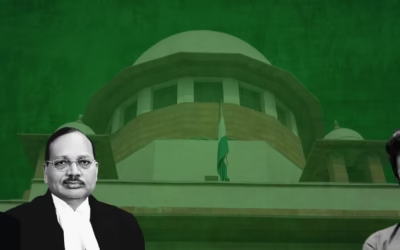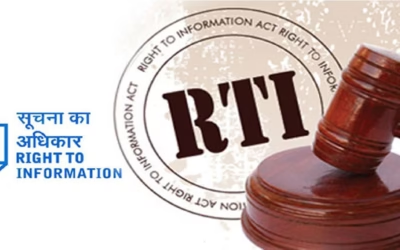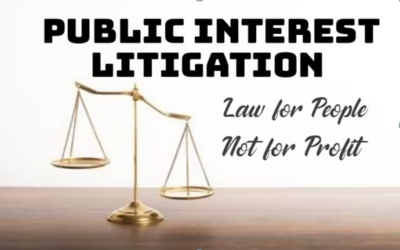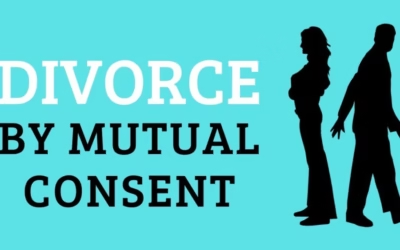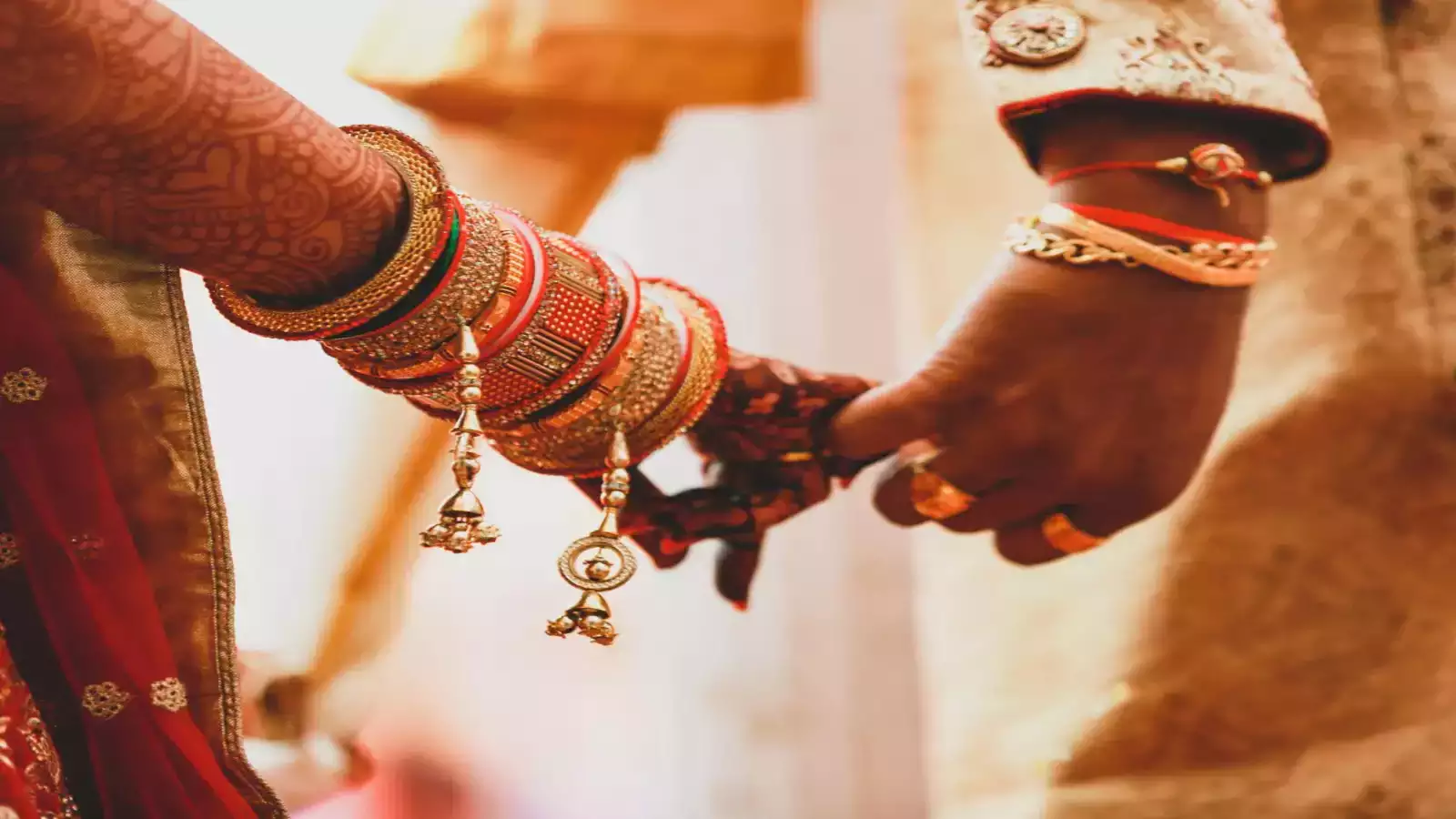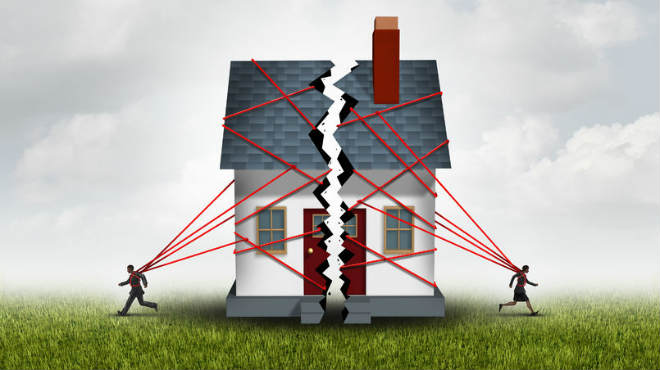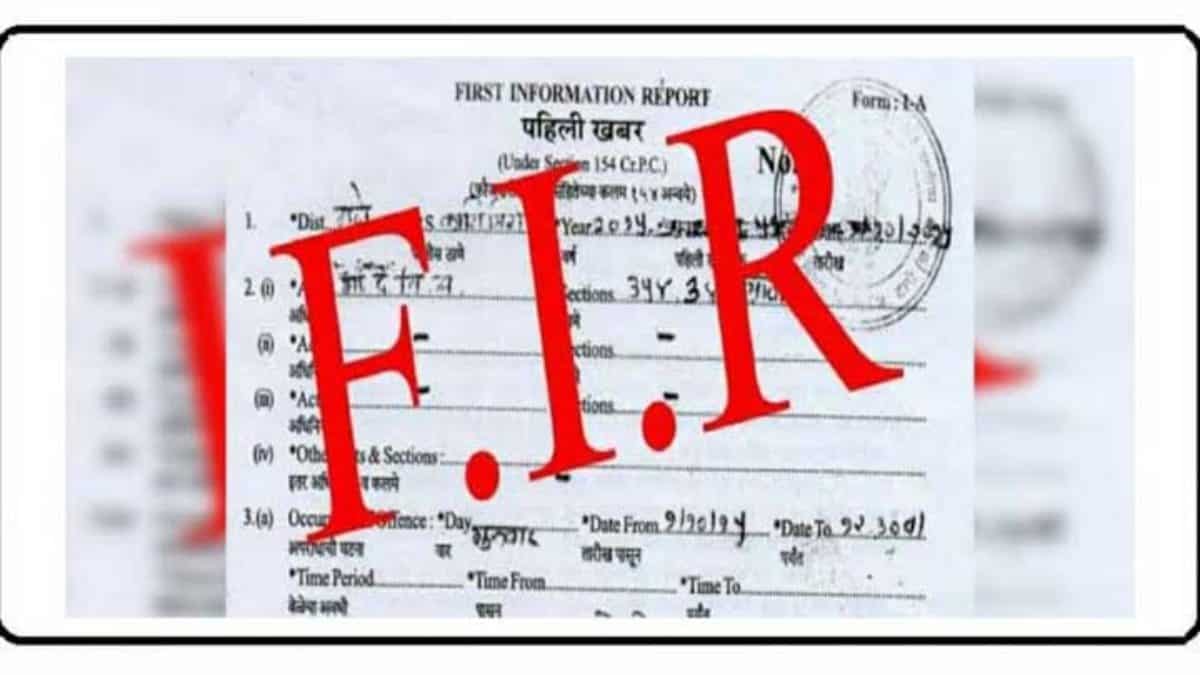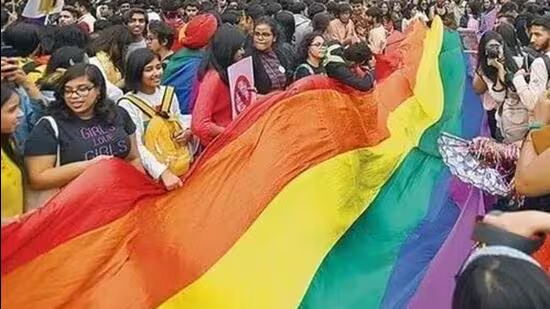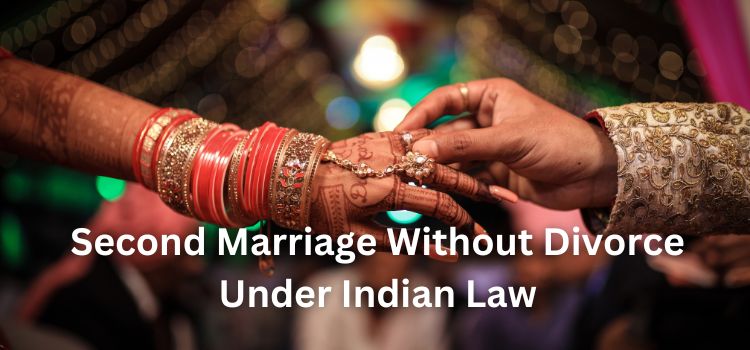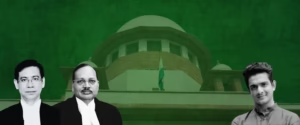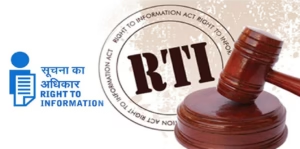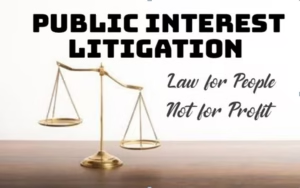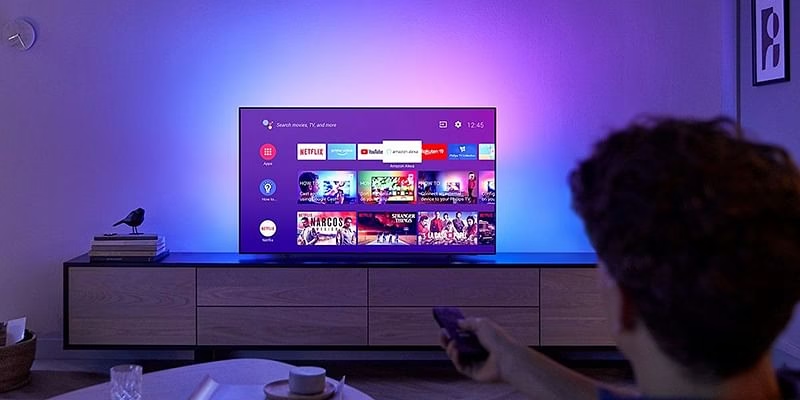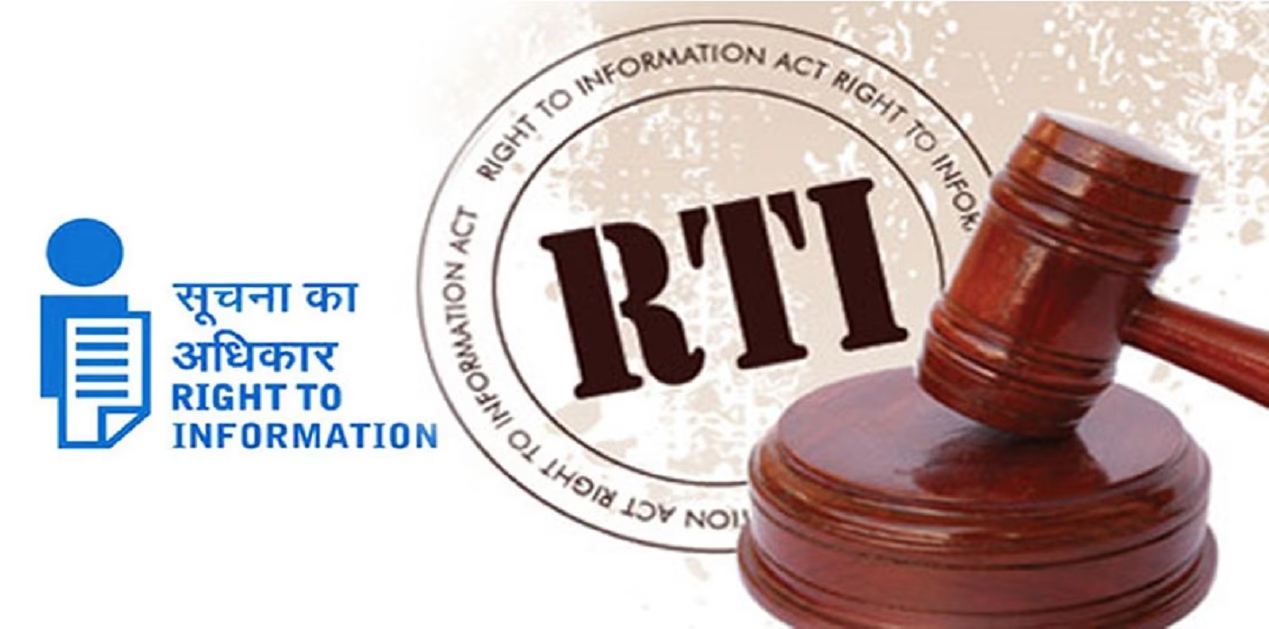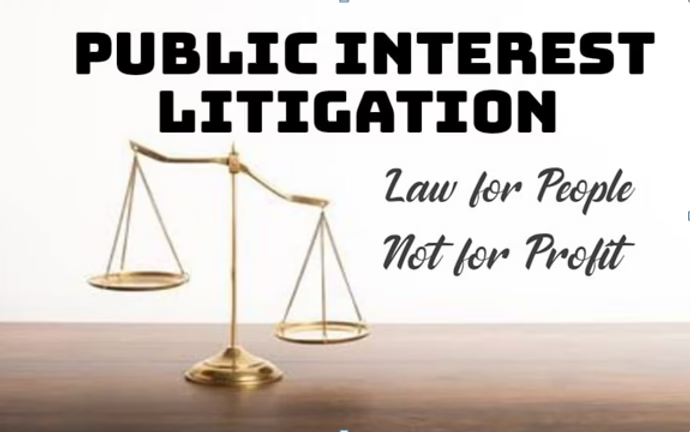
Are Audio and Video Evidence Admissible in Court? Know the Legal Rules in India

Audio and Video Evidence in Court: Are They Admissible in India?
With the rise of technology, audio and video recordings have become vital tools in legal cases. But are these recordings admissible in Indian courts? What are the rules and requirements to make them valid evidence? Here’s everything you need to know:
Are Audio and Video Evidence Admissible?
Yes, audio and video evidence are admissible in Indian courts, but only if they comply with the provisions of the Indian Evidence Act, 1872, and other relevant laws.
Key Requirements for Admissibility:
- Authenticity:
- The recording must be genuine and free from tampering or editing.
- Proper certification under Section 65B of the Indian Evidence Act is required for electronic evidence.
- Relevance:
- The content of the recording must be directly related to the case.
- Permission to Record:
- If the recording involves private conversations, the court may examine whether it was obtained lawfully or infringes on privacy rights.
- Proper Chain of Custody:
- The evidence must be preserved in its original form, and a clear record of how it was handled must be maintained.
How to Present Audio or Video Evidence in Court?
- Get a Section 65B Certificate:
- This certificate is mandatory for electronic evidence like audio or video files. It confirms the authenticity and integrity of the evidence.
- Submit Originals:
- Provide the original recording or a reliable copy stored on a secure device.
- Explain the Context:
- Clearly describe the relevance and circumstances of the recording.
- Ensure Witness Corroboration:
- Supporting testimony from witnesses strengthens the credibility of the evidence.
Landmark Judgments on Electronic Evidence:
- Anvar P.V. vs. P.K. Basheer (2014):
- Emphasized the need for a Section 65B certificate for electronic evidence.
- Tomaso Bruno vs. State of UP (2015):
- Highlighted the importance of electronic evidence in criminal cases.
Challenges in Using Audio and Video Evidence:
- Tampering Claims: Allegations of editing or manipulation can weaken the evidence.
- Privacy Concerns: Illegally recorded conversations may face rejection by the court.
- Technical Issues: Poor quality or inaudible recordings might not be accepted.
Tips to Strengthen Your Audio or Video Evidence:
- Use reliable devices for recording.
- Avoid editing or altering the recordings.
- Preserve the original file securely.
- Consult a legal expert for proper documentation.
Conclusion:
Audio and video evidence can play a significant role in legal cases, but their admissibility depends on meeting strict legal standards. Understanding these requirements ensures your evidence is accepted and used effectively in court. For expert legal advice on using electronic evidence, visit legalsathii.com today and explore more resources to strengthen your case.



